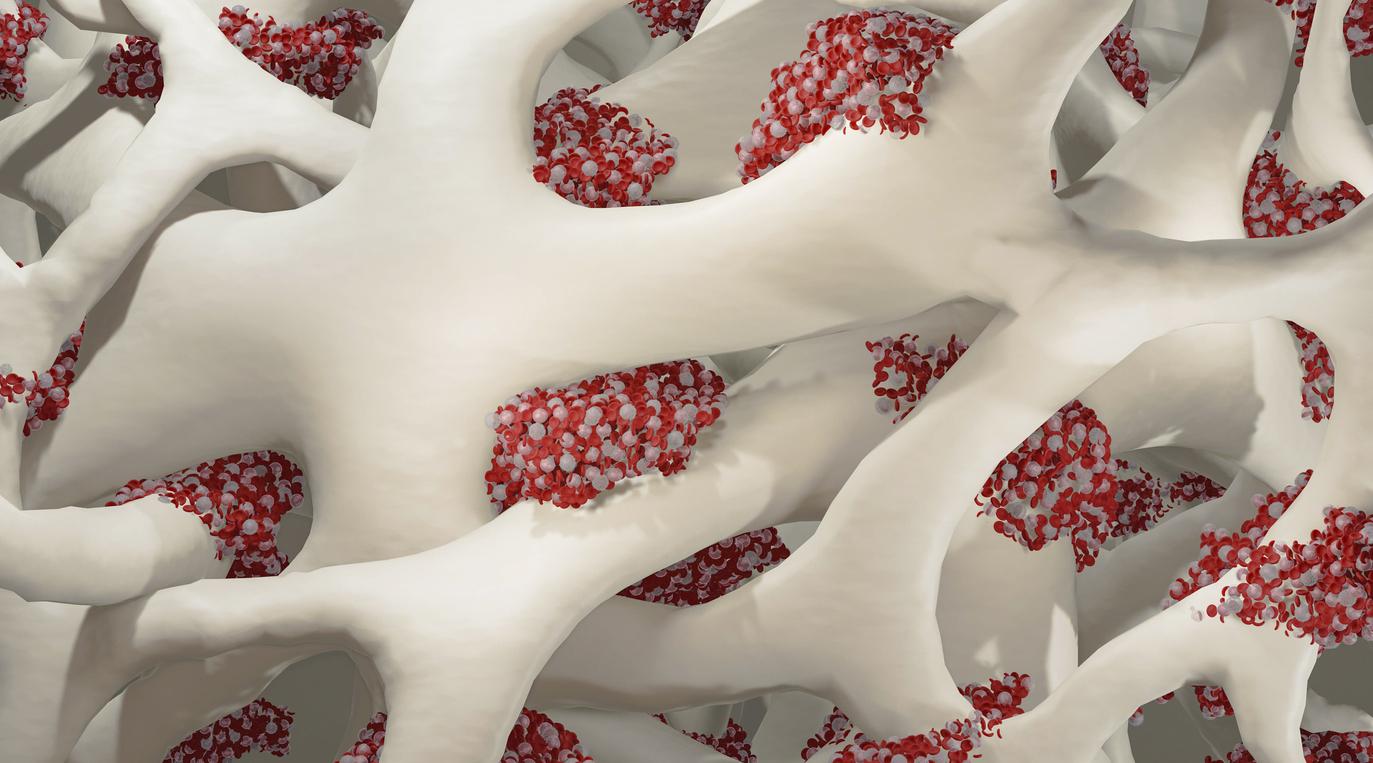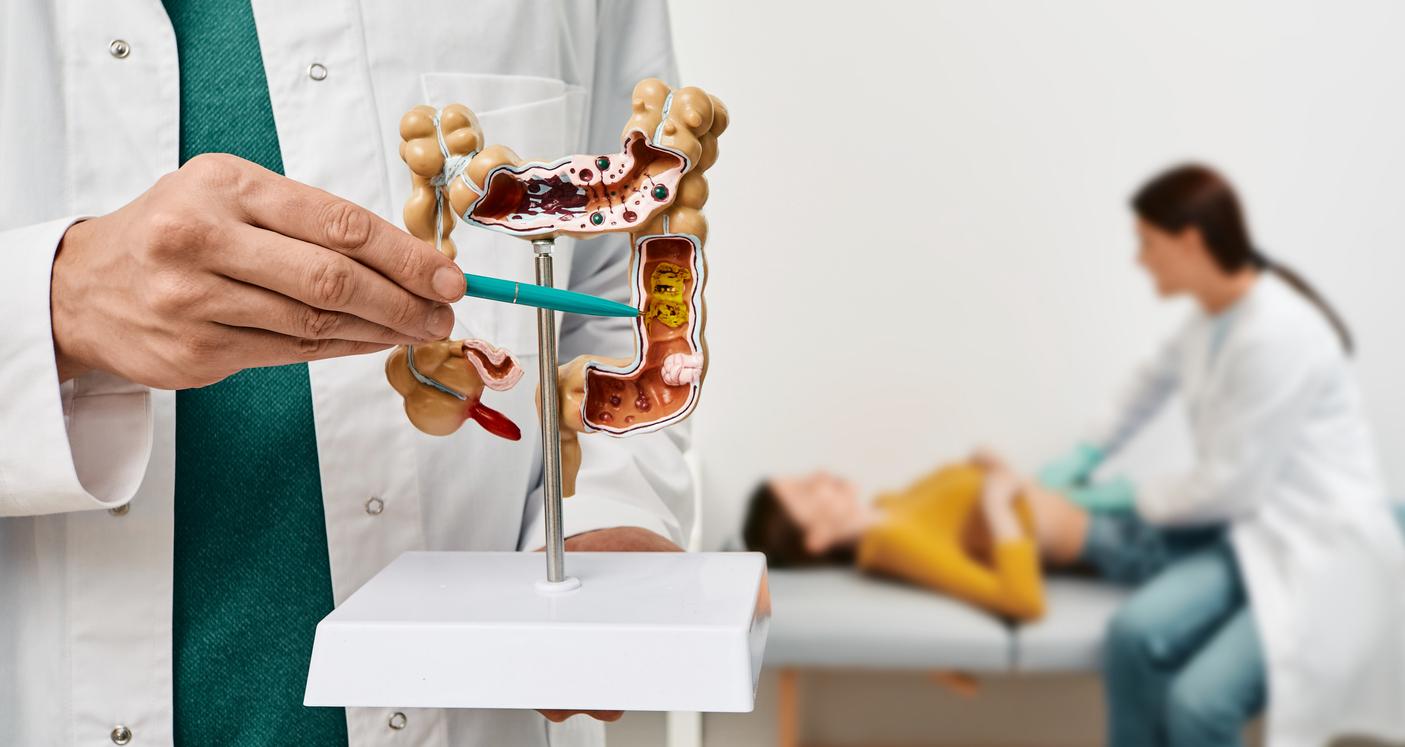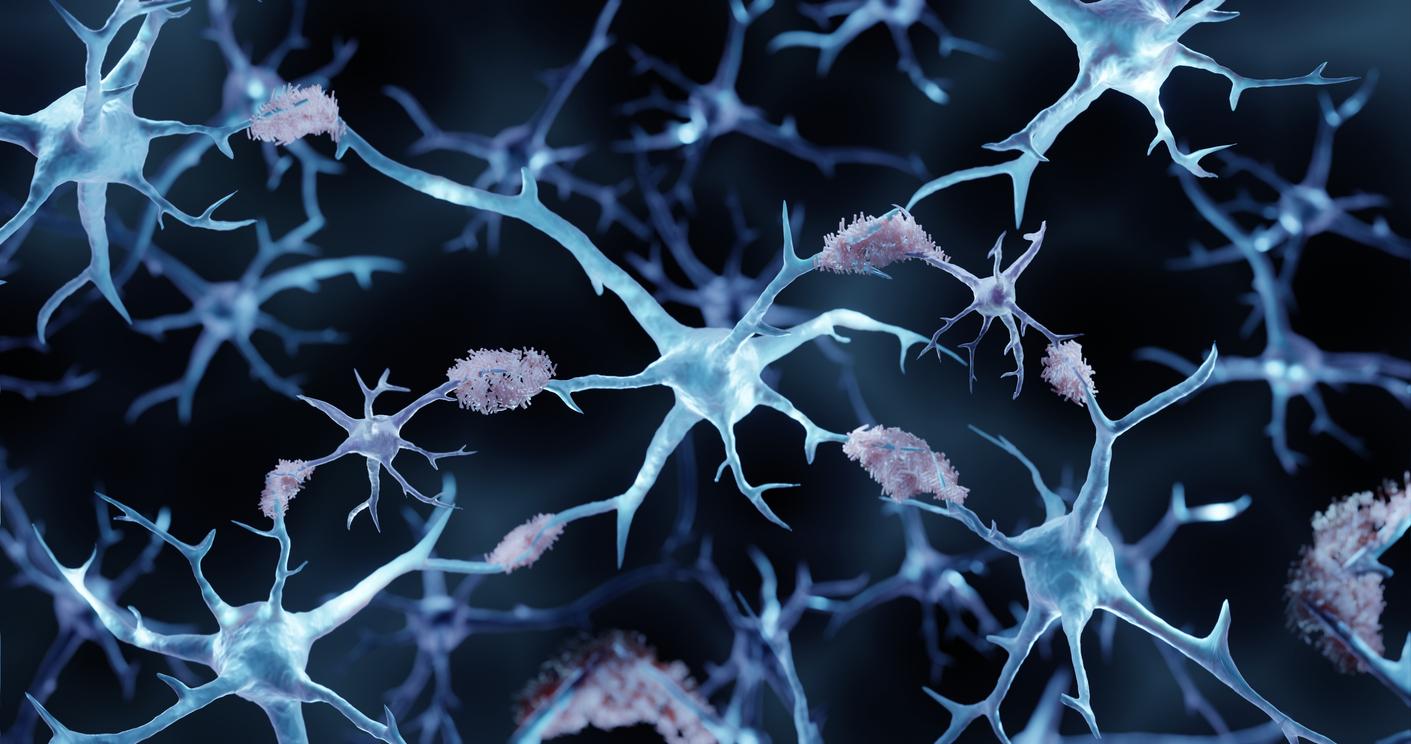Systemic mastocytosis is a rare disease characterized by an abnormal accumulation of mast cells in various tissues of the body, including the skin, bone marrow, liver, spleen, and lymph nodes.

- Systemic mastocytosis is a rare disease caused by an abnormal proliferation of mast cells due to a genetic mutation.
- Symptoms vary and can include skin reactions, gastrointestinal problems and bone pain.
- Proactive management with appropriate treatments and regular monitoring is essential to improve patients’ quality of life.
These immune cells play a key role in the allergic response and defense against infections, but their excessive proliferation can lead to various symptoms and complications.
What is systemic mastocytosis?
There mastocytosis Systemic mastocytosis is a form of mastocytosis in which mast cells proliferate in multiple internal organs. Unlike cutaneous mastocytosis, which primarily affects the skin, this systemic form can be indolent (slow-progressing) or aggressive, with the potential for progression to mast cell leukemia.
Causes and risk factors
The main cause of systemic mastocytosis is a mutation in the KIT gene, which is responsible for the growth and survival of mast cells. The D816V mutation is the most common and results in constant activation of the KIT receptor, promoting mast cell proliferation.
Symptoms of systemic mastocytosis
Symptoms vary depending on the organs affected and the mast cell burden:
- Skin reactions: pigmentary urticaria, itching and redness.
- Gastrointestinal symptoms: diarrhea, nausea, vomiting and abdominal pain.
- Cardiovascular symptoms: hypotension, fainting and palpitations.
- Neurological symptoms: headaches, fatigue and difficulty concentrating.
- Systemic symptoms: bone pain, osteoporosis and anemia.
Diagnosis of systemic mastocytosis
Diagnosis is based on clinical examination, laboratory tests and biopsies. The main steps include:
- Physical examination : assessment of symptoms and medical history.
- Blood tests: detection of markers such as tryptase.
- Biopsies: tissue samples to confirm the presence of abnormal mast cells.
- Genetic tests: identification of KIT gene mutations.
Available treatments
There is no cure, but several options can manage symptoms:
- Antihistamines: to control allergic symptoms.
- Corticosteroids: to reduce inflammation and systemic symptoms.
- Tyrosine kinase inhibitors: such as midostaurin, to target the KIT mutation.
- Interferon alpha: used in certain severe cases.
Long term management
Management of systemic mastocytosis requires regular monitoring and treatment adjustment. Patients should avoid triggers of mast cell degranulation, such as certain foods, medications, and insect bites.
Systemic mastocytosis is a complex disease requiring multidisciplinary management. Current treatments help control symptoms and improve quality of life, but research continues to find curative solutions and better understand this rare disease.















